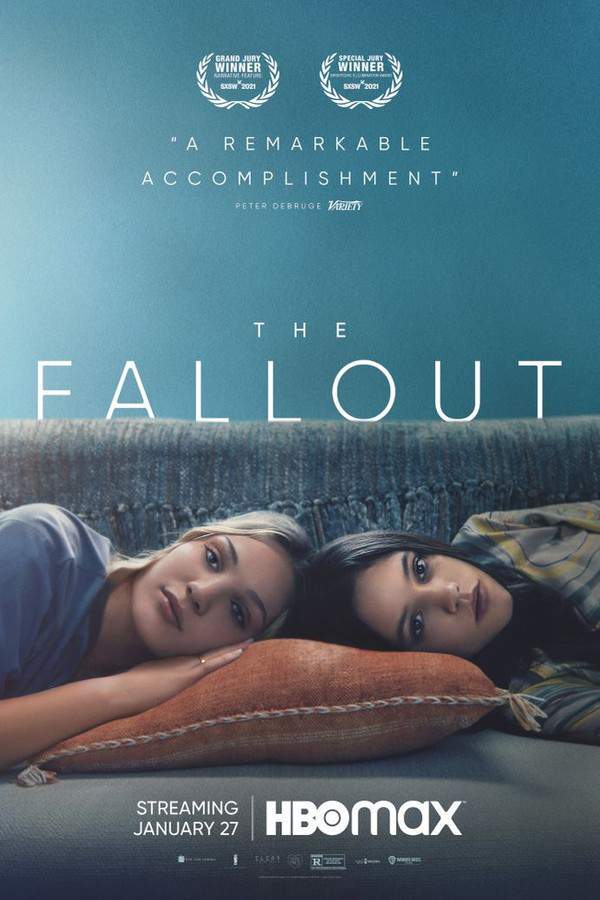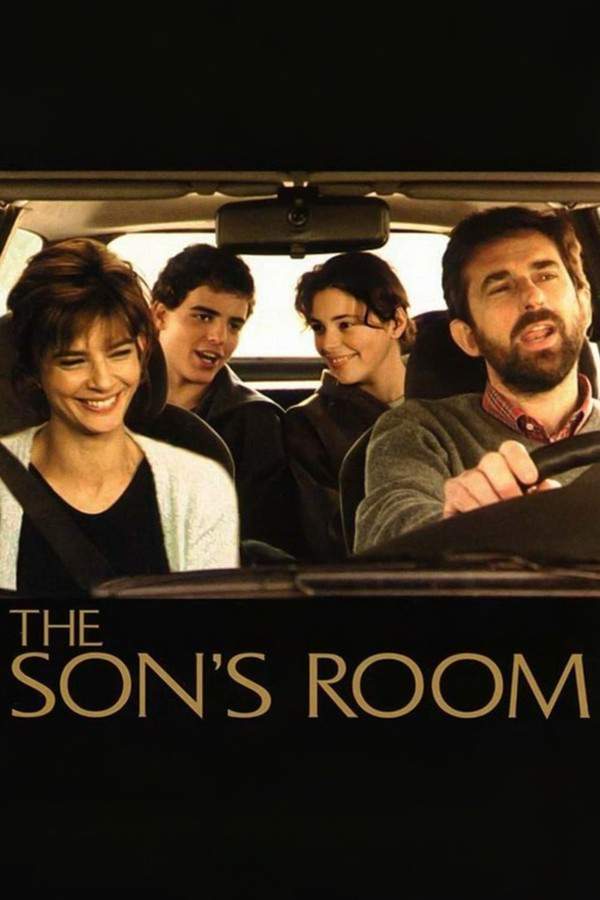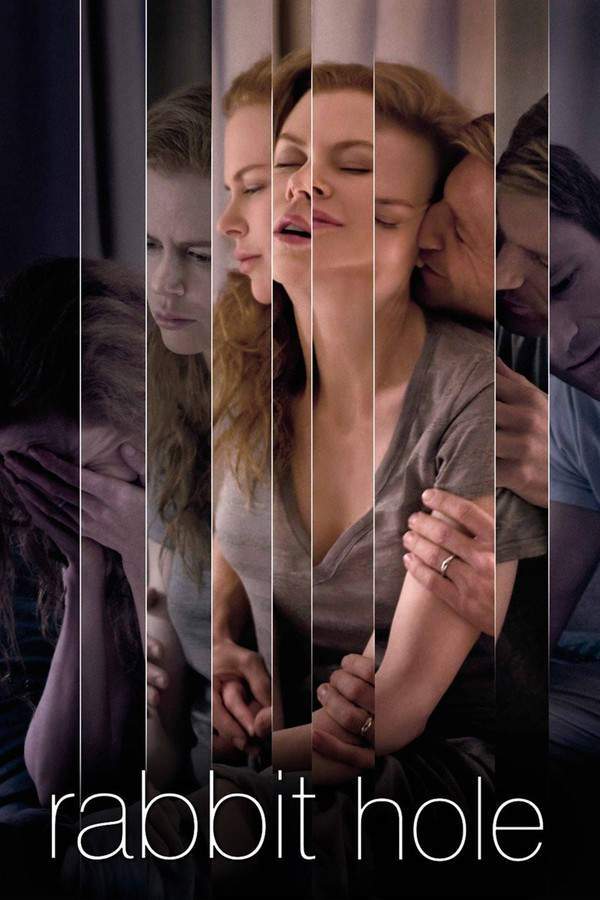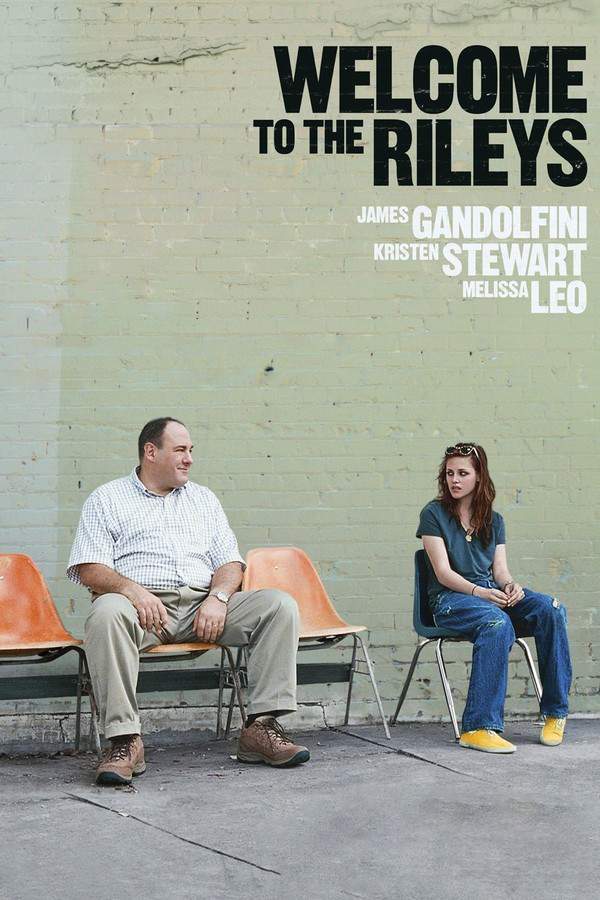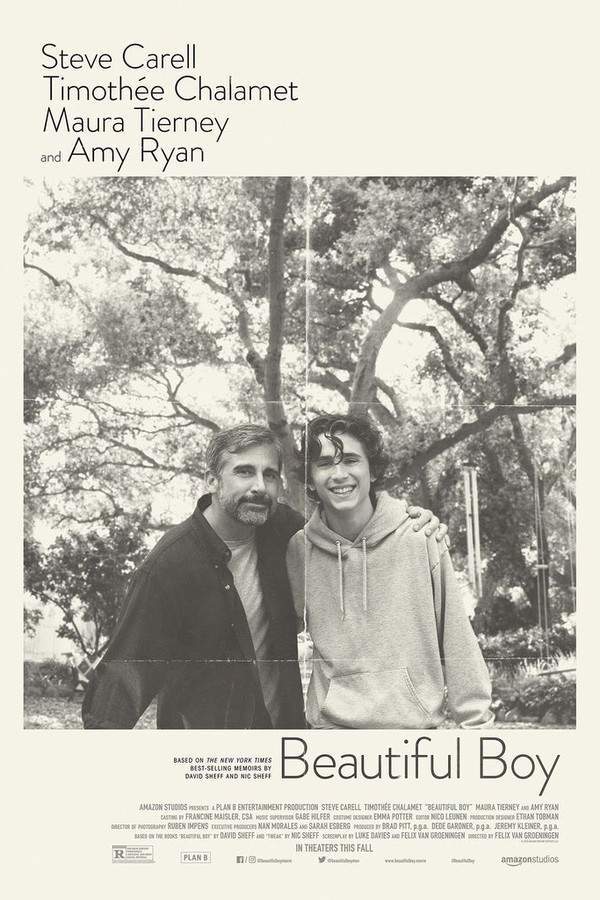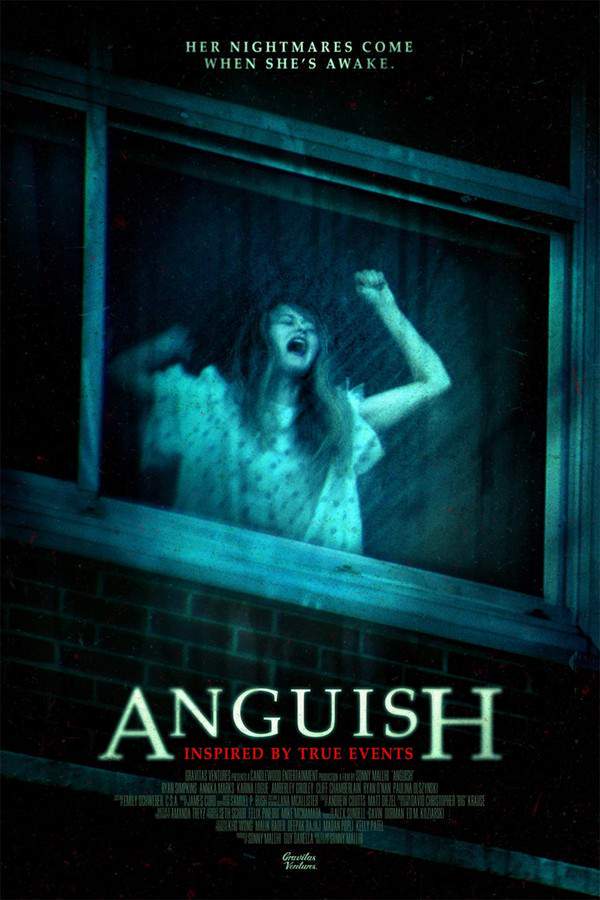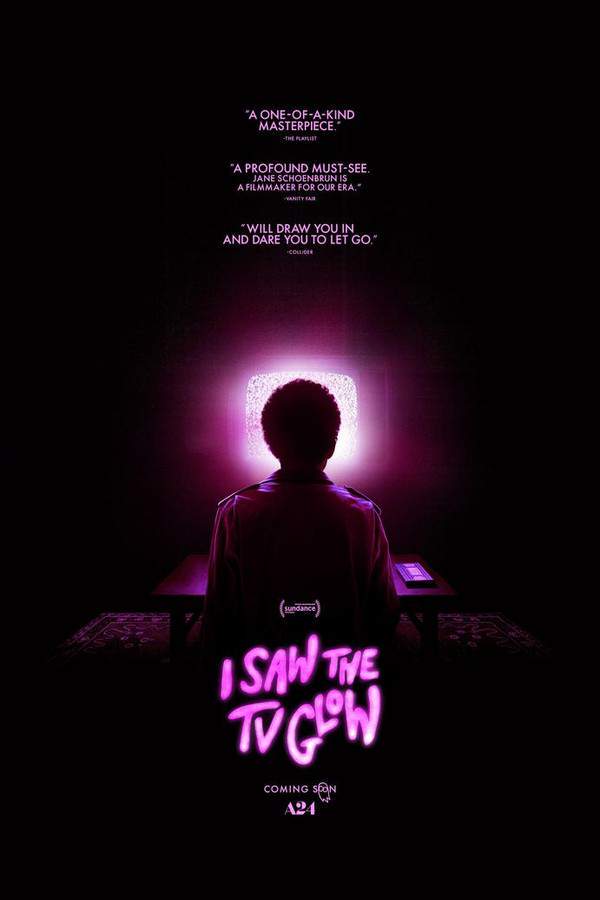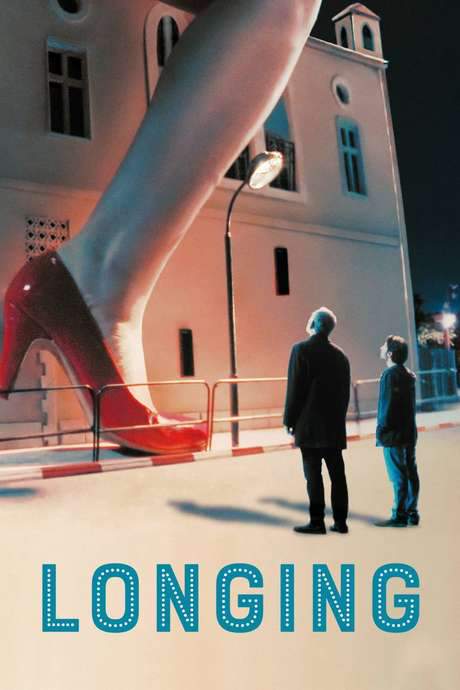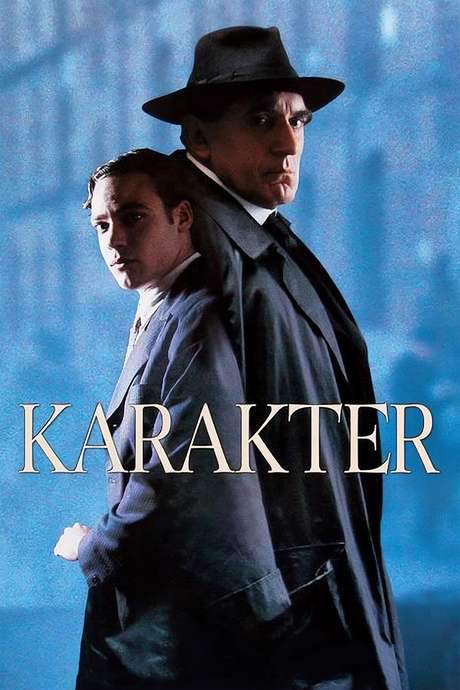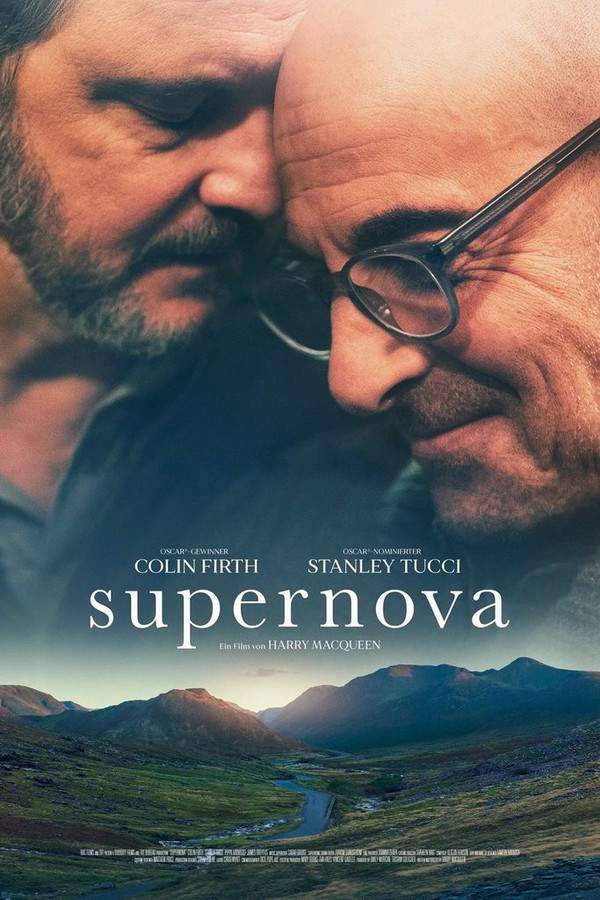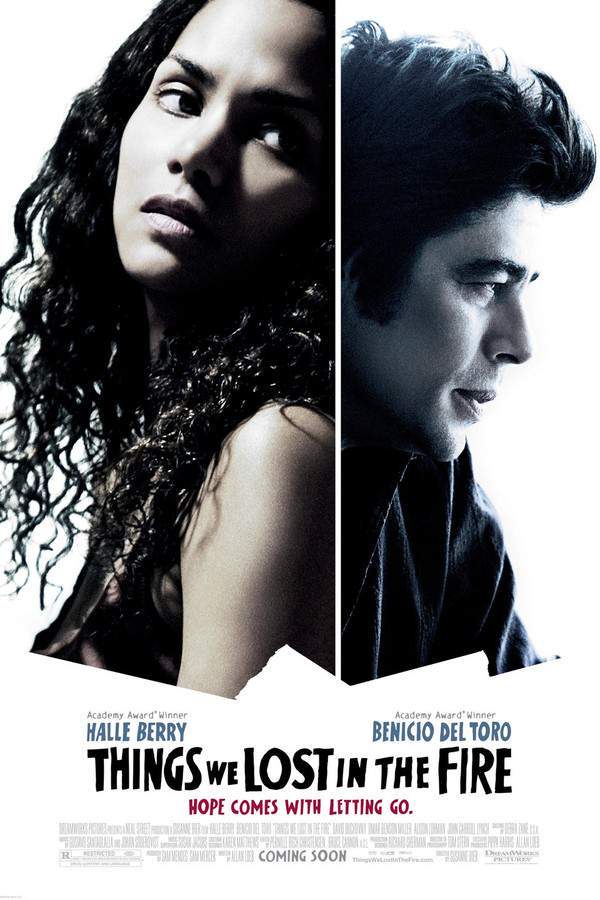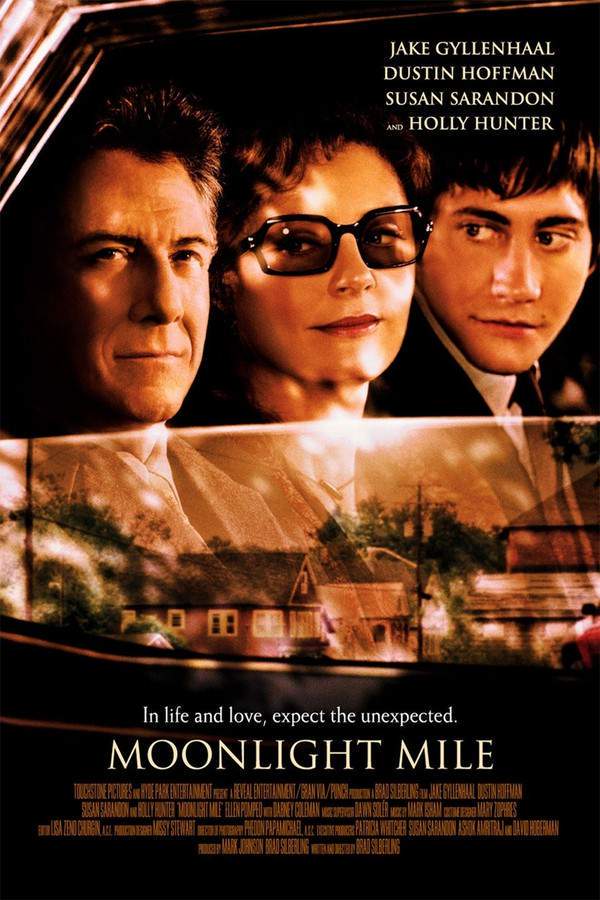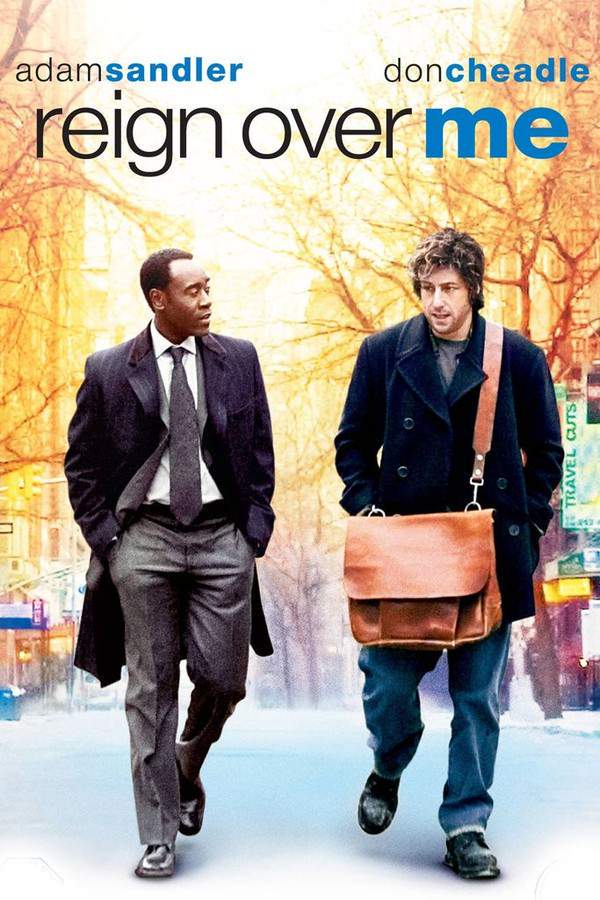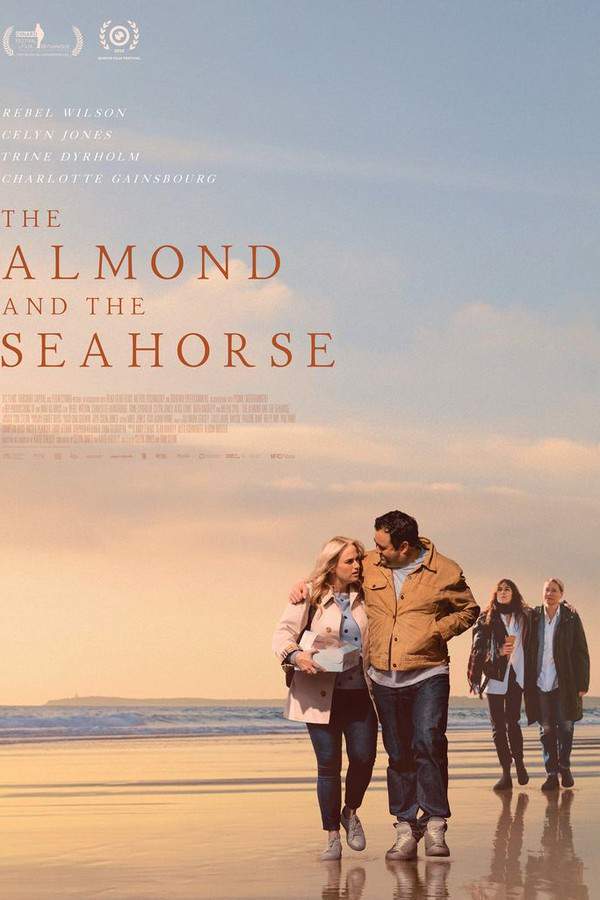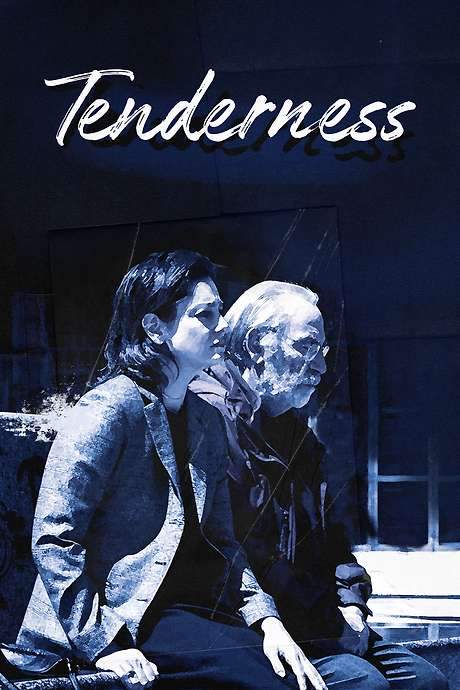
Winter Boy
Seventeen-year-old Lucas struggles to maintain his emotional stability when faced with significant changes. His brother's move to Paris and his mother’s constant presence create a turbulent environment. As his equilibrium is disrupted, he finds himself lost in a wilderness of emotions, yearning to regain control and rediscover hope and love amidst the challenging circumstances.
Warning: spoilers below!
Haven’t seen Winter Boy yet? This summary contains major spoilers. Bookmark the page, watch the movie, and come back for the full breakdown. If you're ready, scroll on and relive the story!
Winter Boy (2023) – Full Plot Summary & Ending Explained
Read the complete plot breakdown of Winter Boy (2023), including all key story events, major twists, and the ending explained in detail. Discover what really happened—and what it all means.
Lucas, a 17-year-old student at a boarding school in Chambéry, experiences a series of profound and emotionally charged events following the tragic death of his father. The story begins with the shocking news that his father has been involved in a car accident, leading to his return home where he reunites with his mother, Isabelle Ronis. During the funeral, Lucas is secretly visited by his high school sweetheart, Oscar, which adds a layer of complexity to his grieving process.
At home, the family gathers for a dinner filled with intense political discussions. During this uncomfortable meal, Lucas suggests that his father didn’t believe in God, hinting at deeper issues within their family. Tensions escalate, prompting Quentin, Lucas’s older brother, played by Vincent Lacoste, to take Lucas outside to calm down. A heated argument ensues, with Lucas accusing Quentin of abandoning his family for a glamorous artistic lifestyle in Paris and suggesting Quentin’s love for their family is lacking. The brothers have a brief but meaningful fight, which they quickly reconcile.
Lucas spends the night at Oscar’s house, where they share an intimate moment. The following morning, the two head to the cemetery to visit their father’s grave. During this visit, Lucas wrestles with feelings of shame, believing that his father was disappointed in his sexuality and that he would not succeed in life. Quentin, however, passionately counters this view, asserting that their father loved his children unconditionally, regardless of their differences.
Eager to escape his grief, Lucas travels with Quentin to Paris. There, he develops a close bond with Lilio, a sensitive artist and Quentin’s roommate, played by Erwan Kepoa Falé. Lucas spends his first day exploring the city on his own, even engaging in an anonymous one-night stand, which reflects his desire for connection and escape. That night, he sleeps next to Lilio, and they enjoy a jog together the next morning.
As Lucas spends more time with Quentin and explores Paris, he begins to feel restless. When he returns to his apartment, he discovers Lilio meeting a client. In a moment of impulsiveness, Lucas secretly contacts the same client, offering his services. Later, Lucas and Lilio visit a restaurant owned by Lilio’s mother, where they share conversations about love and sing karaoke, creating a fleeting sense of happiness. Their friendship becomes complicated when Lucas tries to kiss Lilio on the train ride home, only to be rejected.
Tensions escalate as Lucas confronts Lilio’s client, demanding honesty about their meeting, but Quentin intervenes angrily when he finds out. Despite Lucas’s desire to stay in Paris, Quentin insists he go back home, warning him not to let his grief destroy him.
Back at home, Lucas and Isabelle pay tribute to his father by placing flowers at the roadside. Struggling with grief and feelings of shame, Lucas suspects his father’s accident might have been a suicide, which prompts his mother to slap him in response. Overcome with pain, Lucas makes a desperate decision—he vows silence and then harms himself by slitting his wrists with glass from a broken mirror, signaling his crisis.
Lucas is admitted to a psychiatric hospital, where he begins to slowly heal. He finds solace in jogging, listening to music, and attending church, while also managing his grief privately. During his time in the hospital, he is visited by Isabelle and Quentin, who support him. Meanwhile, the patients and staff watch news reports about climate legislation in France, adding a backdrop of societal concern to their personal struggles.
A turning point occurs when Lilio visits Lucas, offering empathy and friendship. They share a jog to the train station and part ways with a heartfelt hug. Eventually, when Isabelle visits Lucas at the hospital, he begins speaking again, expressing his desire to leave and move forward. His mother, after some initial anger, finally accepts her husband’s death, allowing herself and Lucas to begin living again. This shared acceptance marks a hopeful step toward healing, symbolizing the possibility of renewal after profound loss.
Last Updated: August 19, 2025 at 05:13
Ending Explained – What Happens at the End of Winter Boy?
Still wondering what the ending of Winter Boy (2023) really means? Here’s a spoiler-heavy breakdown of the final scene, major twists, and the deeper themes that shape the film’s conclusion.
The ending of Winter Boy reveals Lucas reaching a low point in his mental health, culminating in him attempting self-harm after a period of intense emotional suffering. His act of smashing the rear-view mirror and slashing his wrists signifies his feeling of overwhelming despair and the desire to escape the pain that has consumed him. Following this, he is admitted to a hospital and remains silent, unable to speak, as he grapples with his trauma. Throughout his recovery, a pivotal moment occurs when Lilio visits him and offers a gentle, understanding presence, acknowledging Lucas’s hardships without judgment. This moment of connection helps Lucas come to terms with his memories and his pain, leading to a slow process of healing. When he finally speaks to his mother, she is overwhelmed with emotion, and her acknowledgment that she cannot fully claim responsibility for his recovery reflects a fragile hope that perhaps, even amidst the darkness, some light can be found. The film’s camera, which often appears as an unblinking witness to their stories, seems to suggest that while death, grief, and trauma are inescapable, they can also be finally faced and accepted. The ambiguity surrounding Lucas’s father’s death—whether it was truly a suicide or not—enhances the film’s meditation on the hidden depths of grief and mental health struggles. Ultimately, the ending suggests that the process of confronting pain, accepting loss, and finding moments of genuine connection can lead to a fragile but meaningful path toward healing.
Last Updated: June 25, 2025 at 08:44
Explore Movie Threads
Discover curated groups of movies connected by mood, themes, and story style. Browse collections built around emotion, atmosphere, and narrative focus to easily find films that match what you feel like watching right now.
Raw teen grief stories like Winter Boy
Intimate stories of adolescents navigating profound loss and emotional collapse.For viewers seeking movies like Winter Boy, this list features films centered on teenage protagonists coping with profound loss. These heavy dramas share a melancholic tone, slow pacing, and a sensitive, raw approach to themes of grief, mental health, and the painful journey toward healing.
Narrative Summary
These narratives typically follow a young protagonist in the immediate aftermath of a traumatic event, often a death in the family. The plot is less about external action and more about the internal struggle—depicting the character's withdrawal, self-destructive tendencies, and fragile steps toward understanding their new reality.
Why These Movies?
Movies are grouped here for their shared focus on the specific, intense experience of adolescent grief. They unite through a heavy emotional weight, a melancholic and introspective tone, and a commitment to portraying the psychological turmoil of youth with unflinching honesty.
Slow burn melancholic healing journeys like Winter Boy
Bittersweet journeys through pain that end with a fragile sense of hope.If you appreciated the slow, heavy, and ultimately bittersweet emotional arc of Winter Boy, this collection is for you. Discover similar movies characterized by a melancholic tone, slow pacing, and narratives that explore deep pain but conclude with a fragile, earned sense of hope and recovery.
Narrative Summary
The narrative pattern involves a character in a state of deep emotional crisis, often triggered by loss or trauma. The story unfolds slowly, emphasizing their isolation and struggle. The arc is towards healing, but it's presented as a gradual, difficult process, culminating in a bittersweet ending that acknowledges the pain endured while hinting at future possibility.
Why These Movies?
These films are connected by a specific emotional recipe: a slow, contemplative pace that builds a heavy, melancholic atmosphere, leading to a conclusion that is bittersweet rather than purely tragic. The shared experience is one of sitting with deep sadness and witnessing a fragile, realistic emergence from it.
Unlock the Full Story of Winter Boy
Don't stop at just watching — explore Winter Boy in full detail. From the complete plot summary and scene-by-scene timeline to character breakdowns, thematic analysis, and a deep dive into the ending — every page helps you truly understand what Winter Boy is all about. Plus, discover what's next after the movie.
Winter Boy Timeline
Track the full timeline of Winter Boy with every major event arranged chronologically. Perfect for decoding non-linear storytelling, flashbacks, or parallel narratives with a clear scene-by-scene breakdown.

Characters, Settings & Themes in Winter Boy
Discover the characters, locations, and core themes that shape Winter Boy. Get insights into symbolic elements, setting significance, and deeper narrative meaning — ideal for thematic analysis and movie breakdowns.

Winter Boy Ending Explained
What really happened at the end of Winter Boy? This detailed ending explained page breaks down final scenes, hidden clues, and alternate interpretations with expert analysis and viewer theories.

Winter Boy Spoiler-Free Summary
Get a quick, spoiler-free overview of Winter Boy that covers the main plot points and key details without revealing any major twists or spoilers. Perfect for those who want to know what to expect before diving in.

More About Winter Boy
Visit What's After the Movie to explore more about Winter Boy: box office results, cast and crew info, production details, post-credit scenes, and external links — all in one place for movie fans and researchers.



